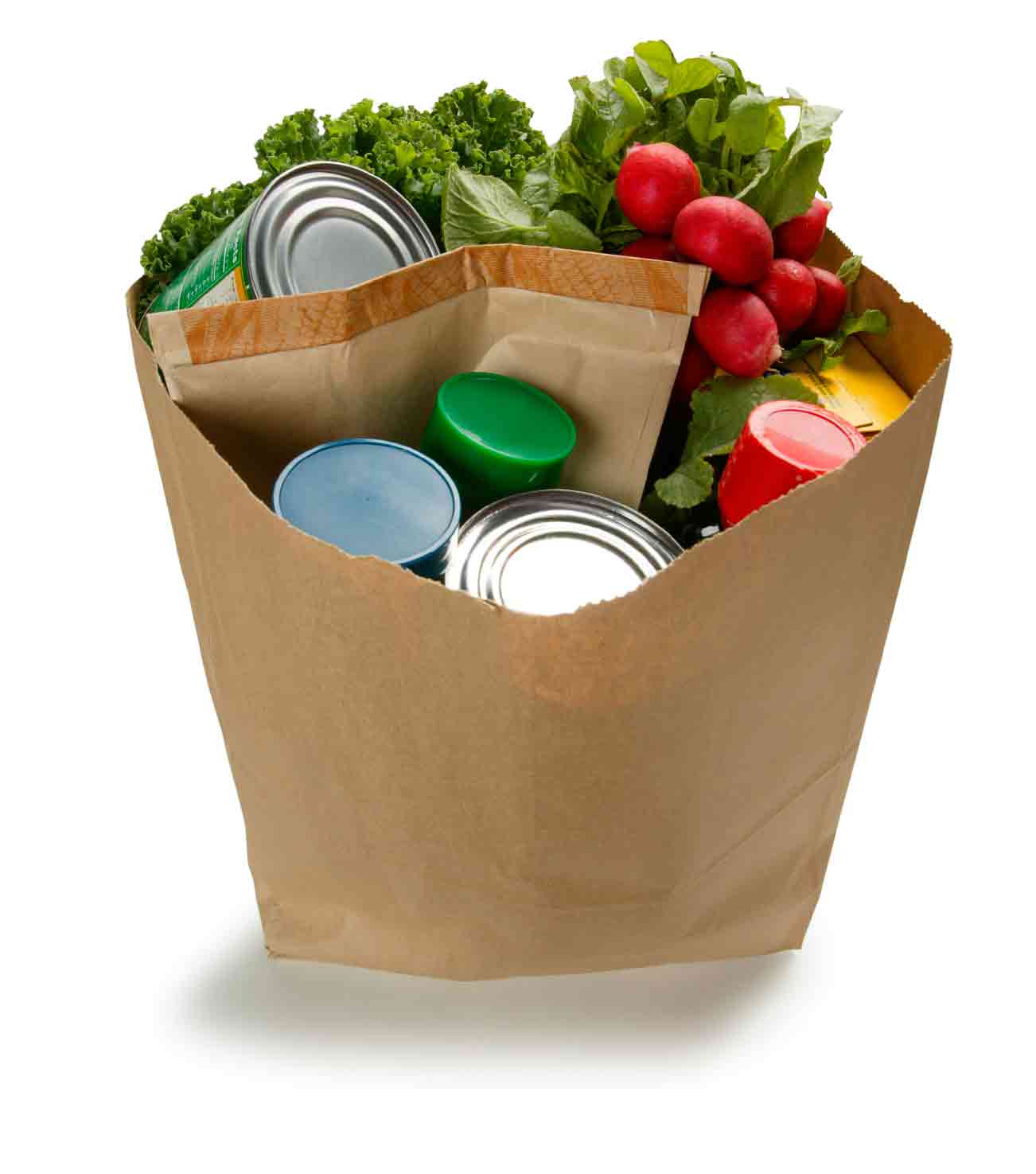
One of the biggest single purchases you make each week is your groceries. You may have switched brands to cheaper alternatives already. Does it feel like the cost is still rising?
Supplies of foods such as wheat have been restricted this year, causing prices to escalate regardless – a trend known as ‘food inflation’. So what else can you do, besides actually buying cheaper products?
These five tips will give you some ideas for new ways to think about the way you shop. By changing a couple habits, or thinking hard about the stores you visit, you could dramatically cut the cost of your grocery trip without feeling the pinch.
1. Think about switching to online, or vice versa
Is online grocery shopping cheaper? It very much depends on the type of shopper you are. If you love hunting for bargains, you’ll miss rummaging through the end caps in the store, and purchasing food online could be more expensive. If you shop late at night, you’ll miss purchasing those last-minute cheese or meat manager’s deals from the refrigerator section.
However, if you tend to rush your weekly grocery trip, or you never seem to return home with the items you went for, you may find that online ordering fits in well with your lifestyle. If you shop when hungry or in a rush, you will always buy more and consider your purchases less carefully. That’s the clue that you should be shopping online.
Even if the store charges to deliver your groceries, you will save money on gas and impulse purchases which you don’t really need. And if you usually bring a gaggle of demanding, bored kids for the ride, purchasing online is going to be easier – and there’s less chance for them to ask for little extras like candy, toys and comics.
Whatever you decide to do, plan a budget. If you’re visiting the store, don’t take a credit card with you. Just take cash. That way you can’t spend more than you can afford.
2. Choose your store carefully
If you’re trying to economize, it’s not a good idea to purchase large amounts of groceries at a convenience store. Small 7-11 type stores will typically charge a premium. You should also avoid visiting the store for one or two items, as you will often buy more than you intended.
Instead, try to use something else that you have plenty of. If you run out of ketchup, try BBQ sauce. If you need to fix a sandwich without butter, try a thin layer of mayo. Completely removing the convenience store from your routine can save you a lot of money and help you to use up what you already have.
Remember that larger stores tend to sell bigger packs. Buy big ‘loss leader’ items if you can use up the item within a reasonable time. However, don’t buy in bulk just for the sake of saving a few cents here and there, and don’t buy huge cartons if the contents will be wasted. If the saving is very small, the money is usually better off in your bank account, rather than in the cash register at the store.
3. Use your cell phone
Do you make lots of lists in good faith, only to wind up at the store without any of them in your purse? Use your cellphone to make lists instead of a note pad. It’s really easy, even if you don’t have a smartphone or a special app.
Most cellphones will allow you to create a text note or a draft message of some kind. Just compose an email in your Drafts folder, or create a text note, and label it ‘Groceries’. You can top up the list with items wherever you are, without worrying about losing it or leaving it at home. You also never have to find a pencil to cross things off.
There’s nothing worse than saving a bunch of coupons only to find you’ve left them all at home. Your phone is also useful for making a note of any coupons you’ve saved so that you can pick them up from the kitchen closet when you run out of any particular item.
4. Hold the coffee
It’s great to cut down on the cost of your grocery trip, but if you’re still wasting a few bucks a day on coffees, pastries and breakfast rolls, you’re not going to feel the difference. Spending less on food has to be a joined-up process. Re-think the way you plan meals. Bring snacks from home, rather than using machines in the office. Consider purchasing a French Press for your desk at work if you can’t bear to be without fresh coffee.
5. Grow your own!
If you struggle to get your children to eat healthily, engaging them by asking them to tend a vegetable patch or some fruit trees is a great way to get them to eat different things. Growing your own food is also great for creating savings, and everything adds up – even if you don’t have much space. Consider making a vertical garden against a wall in the yard, or grow tall plants like beans in a sunny spot. If you’re lucky enough to have garden space, growing food is a great way to educate the kids, get some air with the family and enjoy a little exercise.
Even folks with no outdoor space can grow herbs and sprout alfalfa and mung beans in a regular glass jar. You can purchase a basic sprouter from a health food store for around $10 if you prefer. A bag of beans or seeds will provide healthy, raw sprouts for sandwiches and salads, and rotating your crops will keep you in constant supply.
If you’re struggling to pay off debt, schedule a free credit counseling session with ACCC today.






